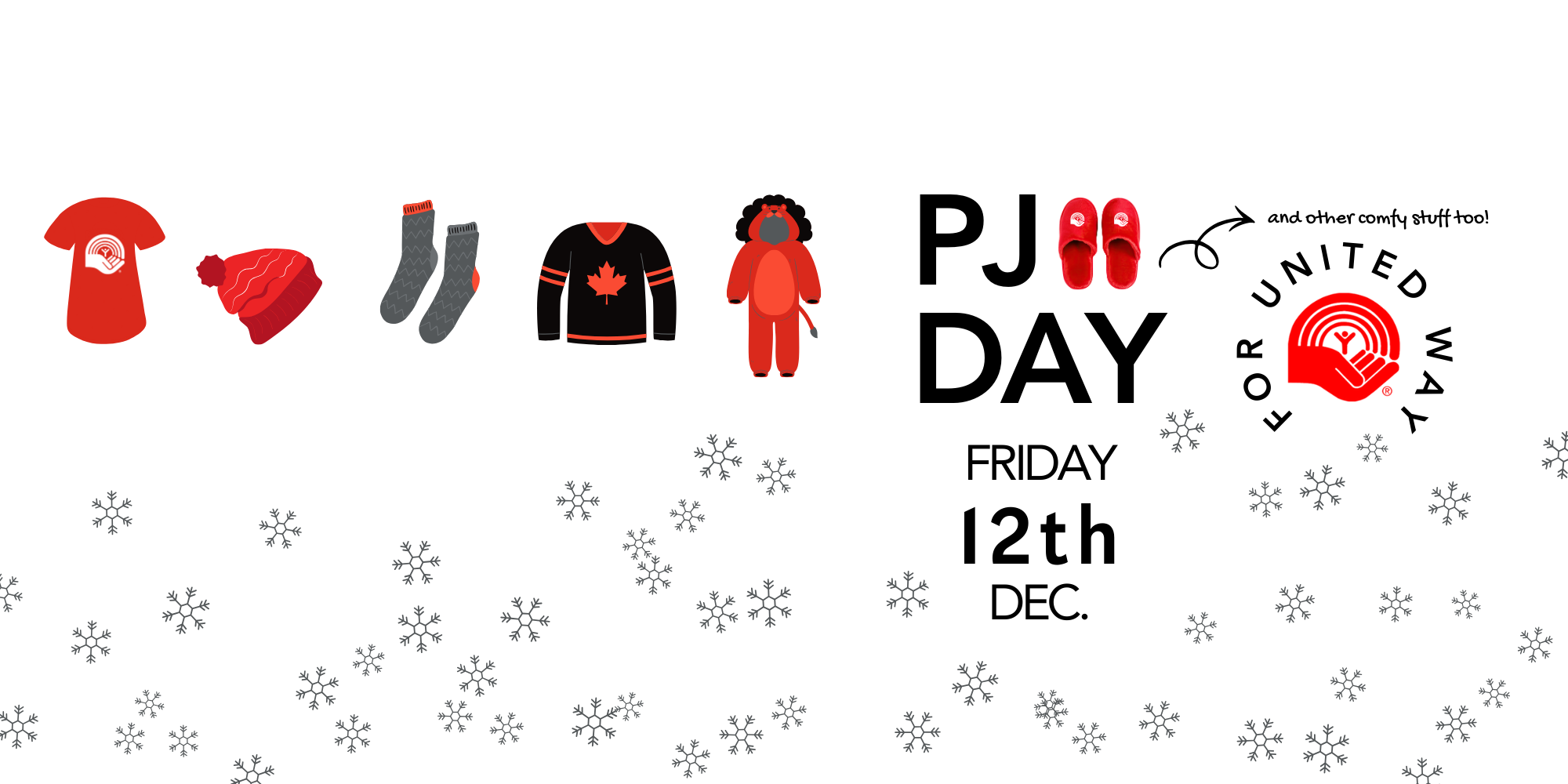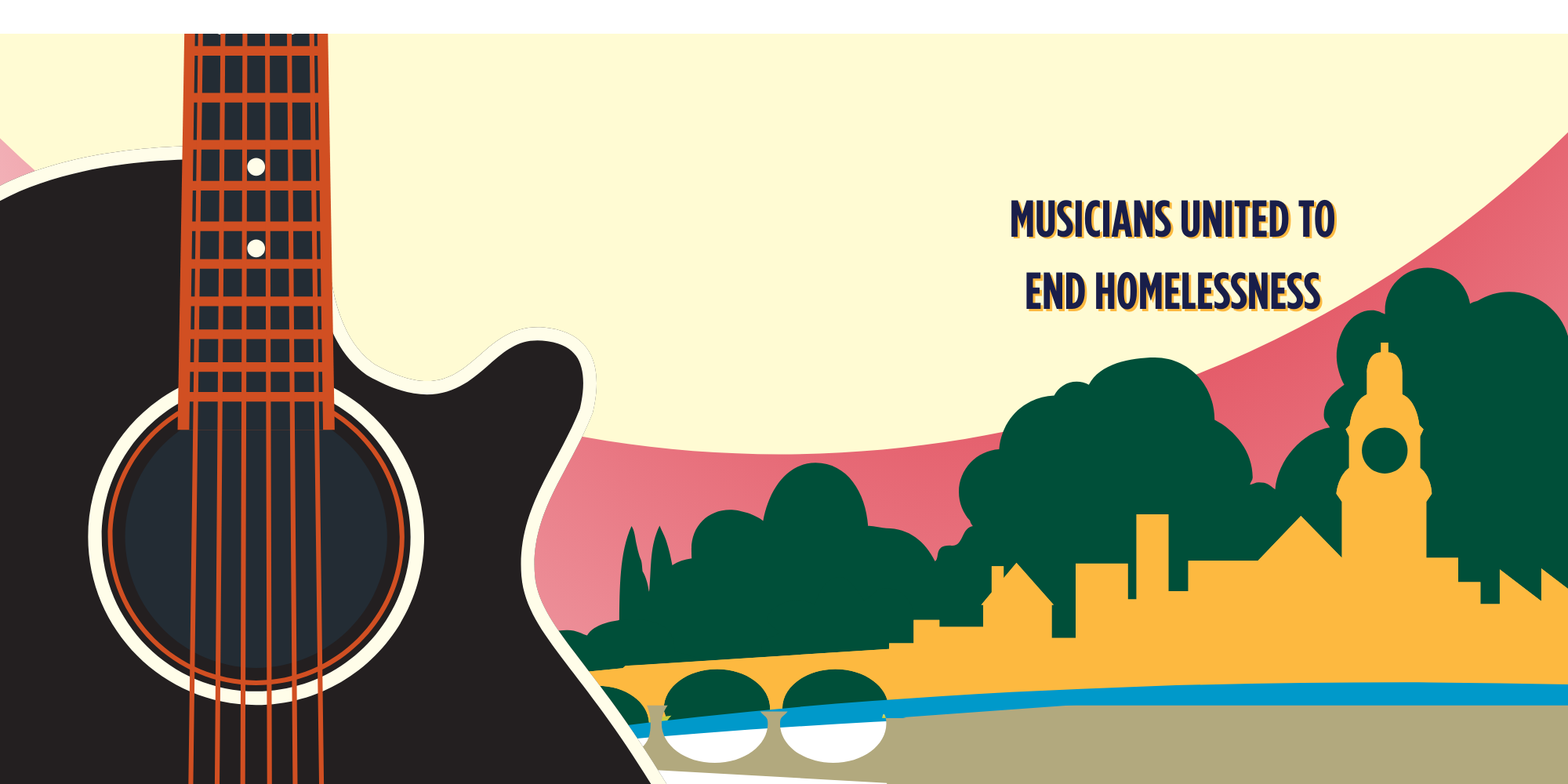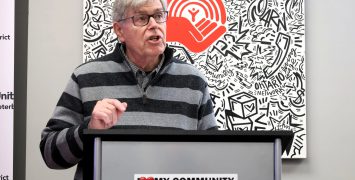Building Community
When you give to the United Way, your gift will be invested where it has the greatest local impact. Read our reports to learn more: Reports
Mission Statement:
Empower everyone to improve lives and build strong communities.
Vision Statement:
Everyone in every community has the opportunity to reach their full potential.
Values:
• Demonstrate trust, integrity, respect, inclusivity and transparency
• Energize and inspire volunteerism and volunteer leadership
• Endorse innovation, partnerships and collective action
• Provide non-partisan leadership
• Embrace diversity
The Land We're On
Before this area was named Peterborough by settlers, this Anishinaabeg territory was known as Nogojiwanong which is Ojibwa for “place at the end of the rapids”. Nearly 100 years ago, settlers of Canada and seven Michi Saagiig (Mississauga) and Chippewa First Nations signed agreements that became known as the Williams Treaties. Peterborough is located on the Treaty 20 Michi Saagiig (Mississauga) territory, which also includes Curve Lake, Hiawatha, Alderville, Scugog Island, Rama, Beausoleil, and Georgina Island First Nations. We respectfully acknowledge that the Williams Treaties First Nations are the stewards and caretakers of these lands and waters in perpetuity, and that they continue to maintain this responsibility to ensure their health and integrity for generations to come.
The Williams Treaties agreements were intended to be the foundation upon which sovereign peoples would build a common relationship but have led to long-standing disputes on crucial issues such as compensation, settlement, and harvesting. We acknowledge the role of colonialism and responsibilities of settlers in these ongoing conflicts that have resulted in intergenerational traumas and inequities for Indigenous Peoples.
What's New
PETERBOROUGH, ON [November 18, 2025] – This morning from the Boardroom of the United Way offices at 277 Stewart Street, the 20th edition of Housing is Fundamental was released. This annual repor...
November 4, 2025 Peterborough, ON 2025 Point-in-Time Visual Unsheltered Enumeration to Take Place On November 20th On November 20th, United Way Peterborough & District (UWP) will lead the Point-in...
Peterborough, ON, [Thursday, October 30, 2025] – United Way Peterborough & District officially kicked off their first-ever Ultimate Burger Battle today at a media launch event held at the United...
MEDIA RELEASE Point In Time Count – Survey Of People Experiencing Homelessness October 14, 2025 Peterborough, ON — Today at their offices at 277 Stewart Street the United Way Peterborough &...
United Way & PATH Partner Again for Coats for Community Last year, 2,200 coats were collected and distributed, surpassing the 1,844 in 2023. Yesterday, United Way Peterborough & District (UWP)...
Join us at the 2025 Peterborough Funders Forum November 6th 8AM to 12PM Healthy Planet Arena, 911 Monaghan Road, Peterborough. About The Funding Forum: The Funders Forum is designed to build awareness...












